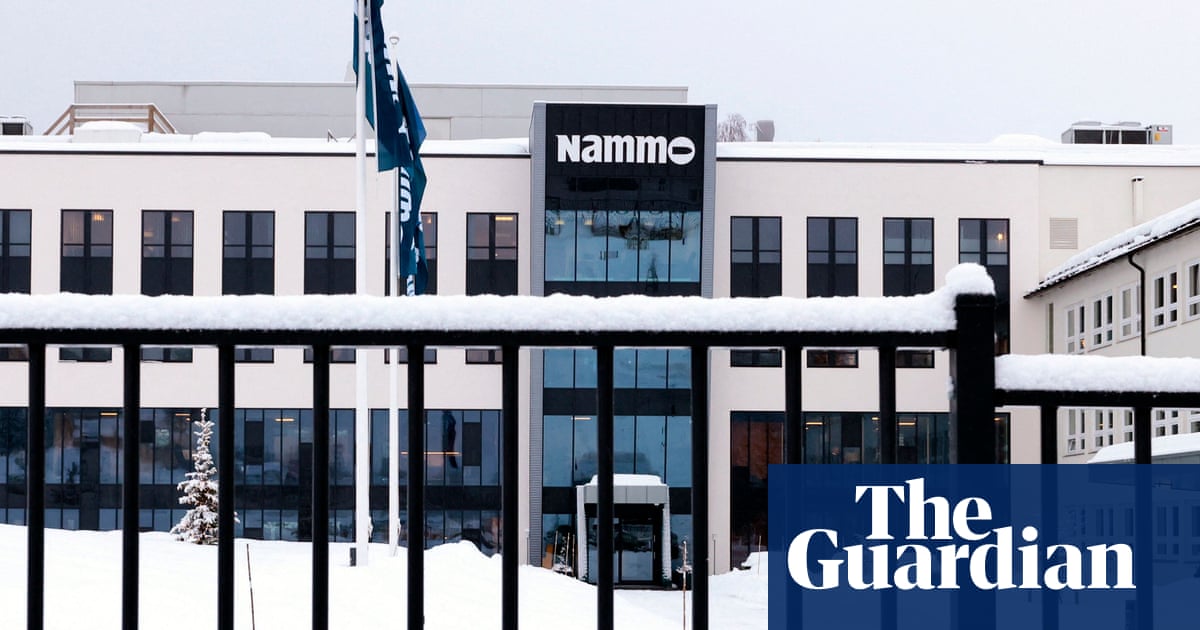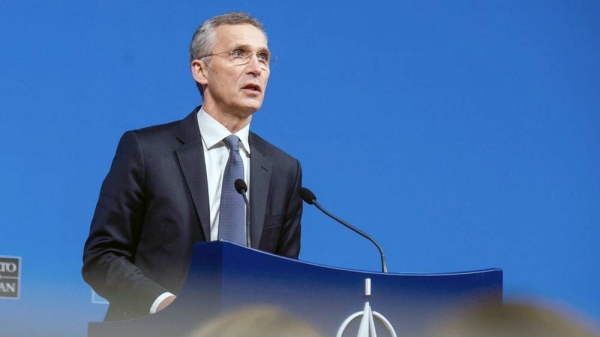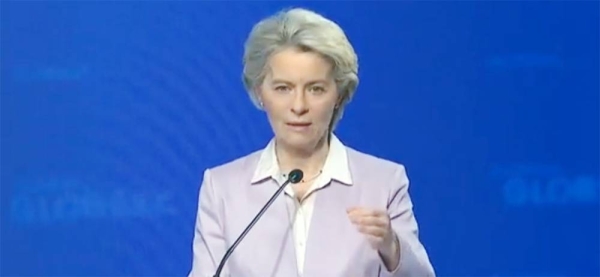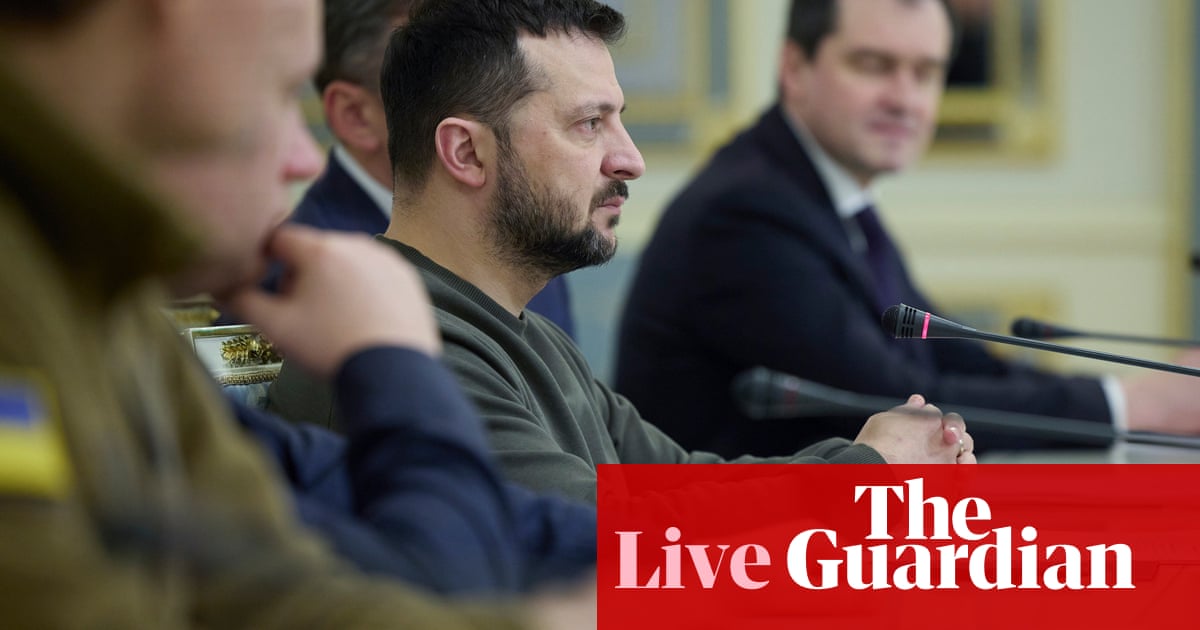
One of Europe’s largest ammunition manufacturers has said efforts to meet surging demand from the war in Ukraine have been stymied by a new TikTok data centre that is monopolising electricity in the region close to its biggest factory.
The chief executive of Nammo, which is co-owned by the Norwegian government, said a planned expansion of its largest factory in central Norway hit a roadblock due to a lack of surplus energy, with the construction of TikTok’s new data centre using up electricity in the local area.
“We are concerned because we see our future growth is challenged by the storage of cat videos,” Morten Brandtzæg told the Financial Times.
Demand for artillery rounds is 15 times higher than normal and Europe’s munitions industry needs to invest €2bn in new factories to keep up with Ukraine’s needs, according to Brandtzæg.
By some estimates, Ukraine is firing 6,000 to 7,000 artillery shells a day and is facing ammunition shortages after more than a year of war.
European Union leaders have announced a program to reimburse countries offering artillery ammunition to Ukraine from a €1bn fund, while spending an additional €1bn on increasing ammunitions manufacturing capacity across the bloc.
But plans by Nammo to expand its largest manufacturing facility appear to have come up against TikTok’s efforts to improve its image in the face of a growing number of bans across the world by housing the data of Europeans more locally.
TikTok is fighting a proposed national ban in the US, where it has already been banned on most government devices.
The UK government, European Commission and the European parliament also recently banned TikTok from staff phones due to concerns that user data belonging to the company – which is owned by Chinese firm ByteDance – could be harvested by China’s government.
TikTok said last year that some employees in China could access European user data and admitted that employees had used its own app to spy on journalists in an effort to track down leaks.
In a congressional hearing last week however, the company’s CEO insisted that TikTok was entirely independent from the Chinese government and that Chinese authorities had no access to its data.
However, in an effort to placate European lawmakers, TikTok said it would begin storing European user data locally this year, with migration continuing into 2024. The company said it would reduce the transfer of data outside the region, and reduce employee access to user data internally.
The company announced plans to open new data centres in Ireland and in the Hamar region of Norway.
Elvia, the local energy provider, confirmed to the Financial Times that the electricity network had no spare capacity after allocating it to the data centre on a first-come, first-served basis. Additional capacity would take time to become available.
TikTok has been contacted for comment.
International tech and social media companies are facing increased scrutiny over their operation of the huge centres used to store vast quantities of data. These centres consume large amounts of energy to power and cool the servers that store customers’ pictures, videos and other cloud-based data.
By 2030, the European Commission estimates that data centres will account for 3.2% of electricity demand within the bloc, an 18.5% jump from 2018.
A draft plan to force data centres to publish their environmental impact was obtained by Politico last year. Authorities “should not be put in the position of having to choose between attracting … data centres on the one hand and ensuring that businesses and households can access electricity on the other hand,” the plan said.












